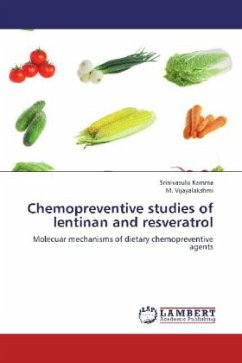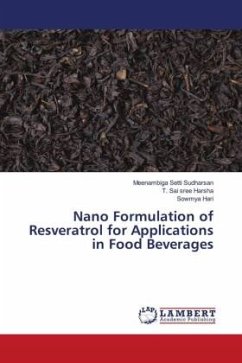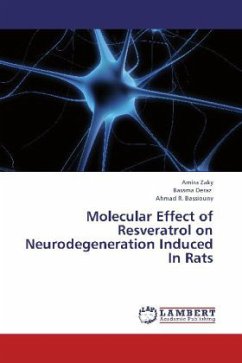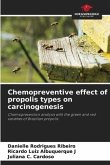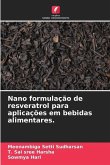Chemoprevention is a promising anti-cancer approach often described as the use of natural or synthetic chemicals allowing suppression, retardation or inversion of carcinogenesis. Molecular targets for cancer chemo preven -tive agents are diverse and includes induction of apoptosis,inhibition of metastasis and angiogenisis. Apoptosis phenomenon is absent in cancer cells which leads to uncontrolled division. Telomerase activity is not observed in normal healthy cells, whereas in cancerous cells telomerase expression is high. Therefore Telomerase represents a promising cancer therapeutic target. Apoptosis is regulated by telomerase enzyme. hTERT is major regulatory gene of telomerase. c-MYC is known down stream regulator of hTERT. RESVERATROL and LENTINAN act as chemopreventive agents by inducing apoptosis through inhibiting TELOMERASE (hTERT) gene via c-myc gene inhibition.
Bitte wählen Sie Ihr Anliegen aus.
Rechnungen
Retourenschein anfordern
Bestellstatus
Storno

